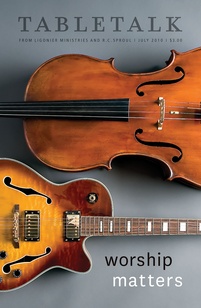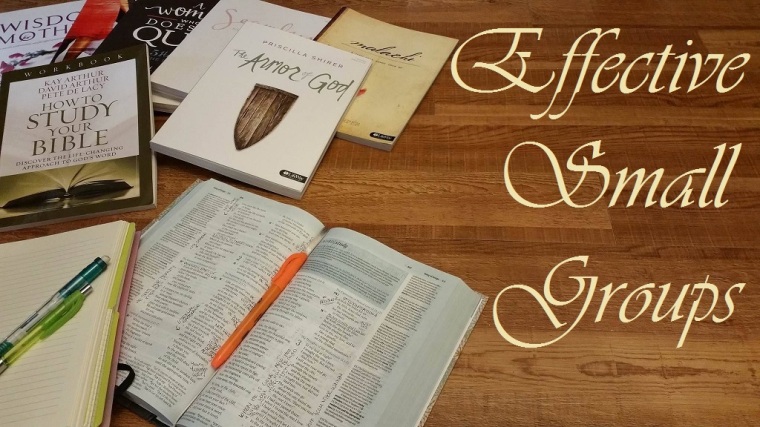
When we speak of Spiritual Gifts, we are talking about those unique gifts and talents that the Lord gives to us to use for His purpose and glory. For some it is teaching, shepherding, and leading. Others may be gifted in prayer, hospitality, and service. There are many gifts, just as there are many parts of the body. While together we represent the body, our individual gifts are like the body parts working in accordance to their gifts. The eye doesn’t do the work of the heart, each must do it’s part:
1 Corinthians 12:12-27 (NIRV)
One Body but Many Parts
12 There is one body, but it has many parts. But all its many parts make up one body. It is the same with Christ. 13 We were all baptized by one Holy Spirit. And so we are formed into one body. It didn’t matter whether we were Jews or Gentiles, slaves or free people. We were all given the same Spirit to drink. 14 So the body is not made up of just one part. It has many parts.
15 Suppose the foot says, “I am not a hand. So I don’t belong to the body.” By saying this, it cannot stop being part of the body. 16 And suppose the ear says, “I am not an eye. So I don’t belong to the body.” By saying this, it cannot stop being part of the body. 17 If the whole body were an eye, how could it hear? If the whole body were an ear, how could it smell? 18 God has placed each part in the body just as he wanted it to be. 19 If all the parts were the same, how could there be a body? 20 As it is, there are many parts. But there is only one body.
21 The eye can’t say to the hand, “I don’t need you!” The head can’t say to the feet, “I don’t need you!” 22 In fact, it is just the opposite. The parts of the body that seem to be weaker are the ones we can’t do without. 23 The parts that we think are less important we treat with special honor. The private parts aren’t shown. But they are treated with special care. 24 The parts that can be shown don’t need special care. But God has put together all the parts of the body. And he has given more honor to the parts that didn’t have any. 25 In that way, the parts of the body will not take sides. All of them will take care of one another. 26 If one part suffers, every part suffers with it. If one part is honored, every part shares in its joy.
27 You are the body of Christ. Each one of you is a part of it.
What does this mean for our ministries?
Imagine what would happen in your city, if every Women’s Ministry (or Church) decided it would focus on helping the homeless. That is a noble cause! But, what about the orphans? The widows? The disabled? What about the kids who need to hear those VBS lessons? What about the unexpected pregnancies? Or, the women who are in recovery?
If we all focused on just one particular group, the results for that group would be amazing. However, the impact on the other groups would be devastating.
As ministries, when we embrace our unique calling as a collective group, we divide the load. Many hands do make light work, but many hands also reach more people… different people… in different ways.
How do we know our calling and live it out as a ministry?
Seek the Lord – begin your search for understanding by coming to the Lord in prayer. Ask Him to reveal to you the needs in your community, your place in the church and community, and how he would have you serve.
Speak to Your Pastor – it is important to understand that if your ministry is underneath the authority of the church that you should be supporting the vision/calling of your church. If your church is called to reaching the community for Christ, then your mission as a ministry is to reach women for Christ. If your church has a heart for those who are orphaned, in foster care, etc. then so should your ministry. If your ministry is not under the authority of the church, seek God for further clarity.
Test the Women – if you have not done it yet, have your women take a spiritual gifts test. By identifying their individual gifting you can see how they can fit within the existing ministry or expand the reach of your ministry.
Connect with Other Leaders – make it a point to get to know other ministry leaders in your area. If you see that multiple ministries are already serving one group of people well, you can look at other groups that need service. If a need presents itself in the community that is too big for one group to handle alone, partner up.
There are some churches and organizations that have the means (resources and people) to have a vision/mission/calling that has a broader casting. That is ok! Perhaps it is time for a NEW ministry to be apart of your church, or a new group to be served. The point is that we are intentional about how we serve in our community by seeking the Lord and through communication between our Pastors and community leaders.







